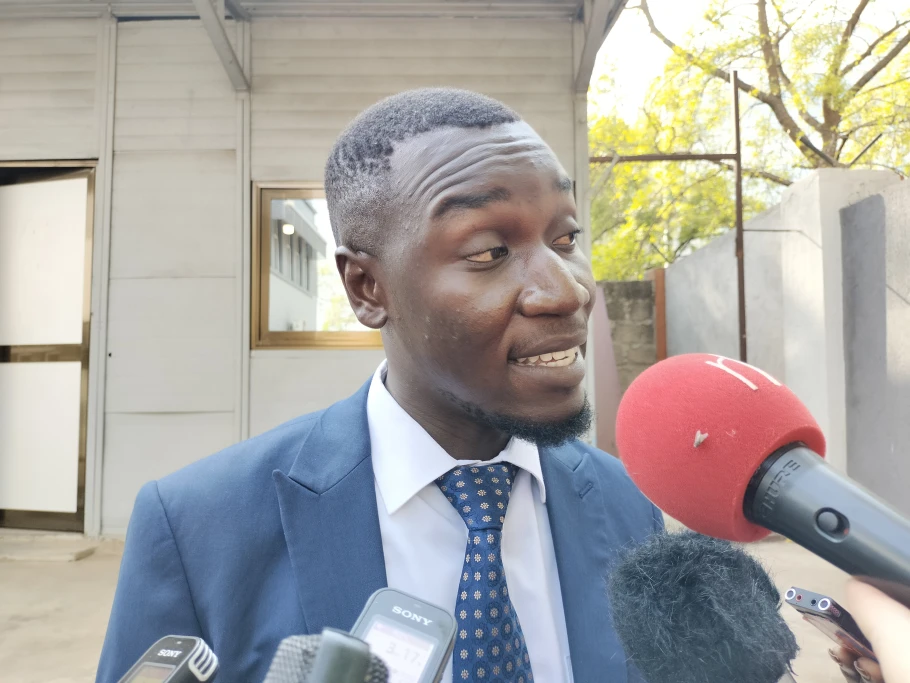
A representative of the South Sudan Bar Association has called for freedom of expression for all South Sudanese as the country enters a new era of the roadmap.
“The civic space for people who are not within any political party should also be opened so that people can speak out and exercise their civic and political rights without necessarily being part of any political party,” said Steven, who is also a managing partner at Witness Law Advocates.
Two weeks ago, the US ambassador to South Sudan Michael J. Adler also made a similar call on the government to open civic space and allow the journalists do their work without the fear of harassment or intimidation as the country heading toward the time it expect the general elections.
President Salva Kiir and opposition groups signed a peace agreement in 2018 that ended five years of civil war.
In July 2022, the parties to the revitalized peace agreement agreed to extend the transitional coalition government period, because the provisions of the agreement remained largely unimplemented, and the parties placed February 2023 as the end of the transitional period. The 24-month roadmap commences today, February 22.